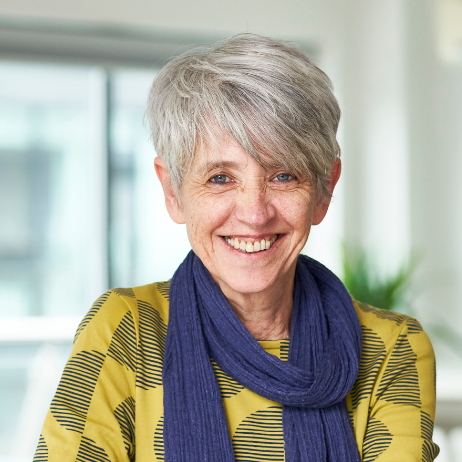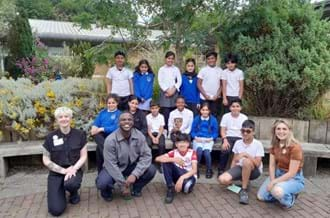These are some of the brilliant people who have changed my thinking:
Reni Eddo-Lodge About Race (podcast)
Reni Eddo-Lodge Why I’m no longer talking to white people about race
Colson Whitehead The underground railroad
Chelsea Kwakye and Ore Oginbiyi Taking up space: the Black girls manifesto for change
Akala Natives: race and class in the ruins of empire
Isha Mackenzie Mavinga Black Issues in the Therapeutic Process
Joy de Gruy Post Traumatic Slave Syndrome
Robin Di Angelo “White Fragility” author talks about systemic racism, white humility at Family Action Network Q&A
Learn more about Place2Be's commitment to equality, diversity and inclusion.








